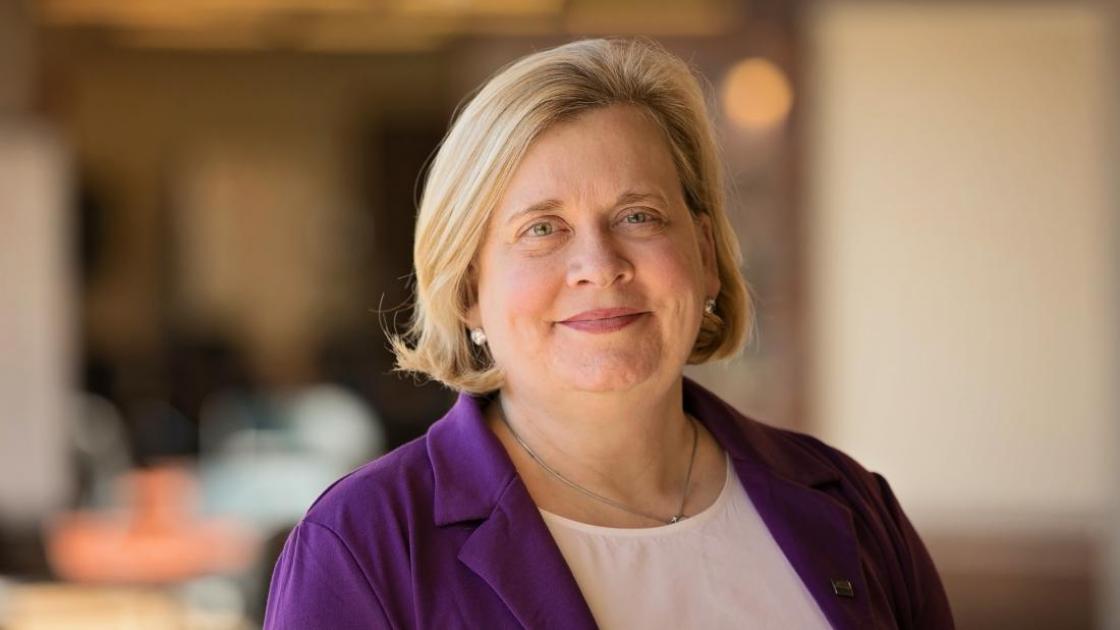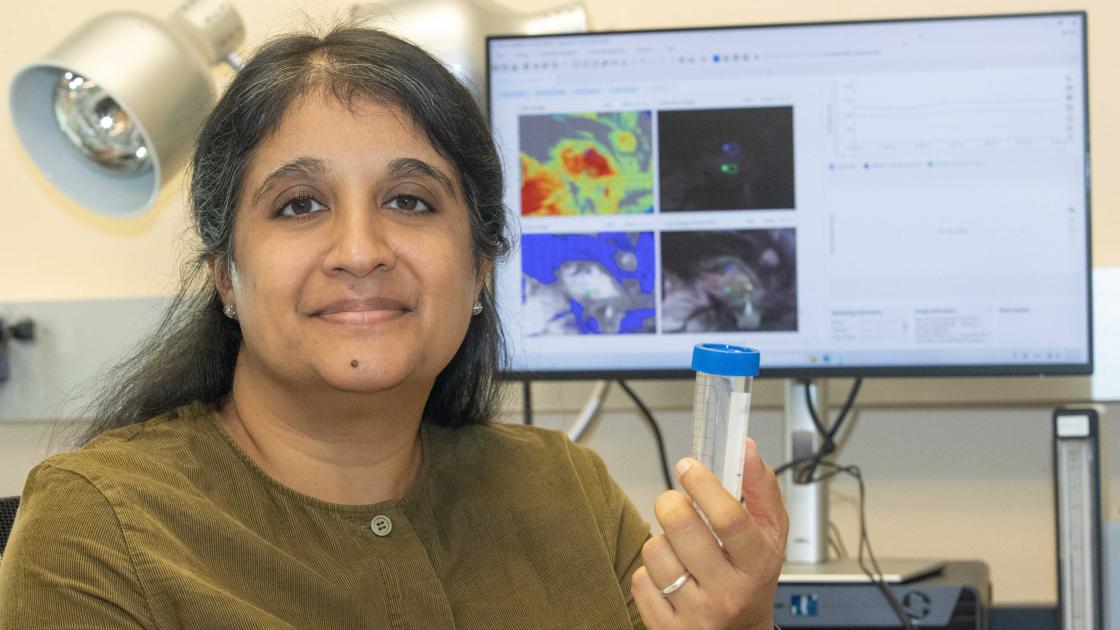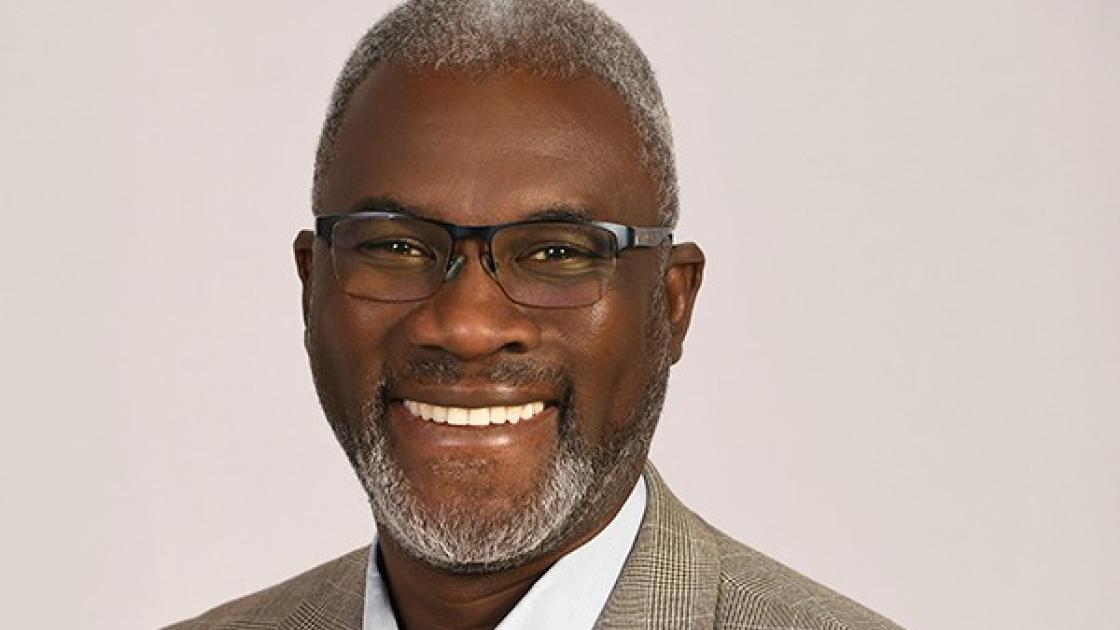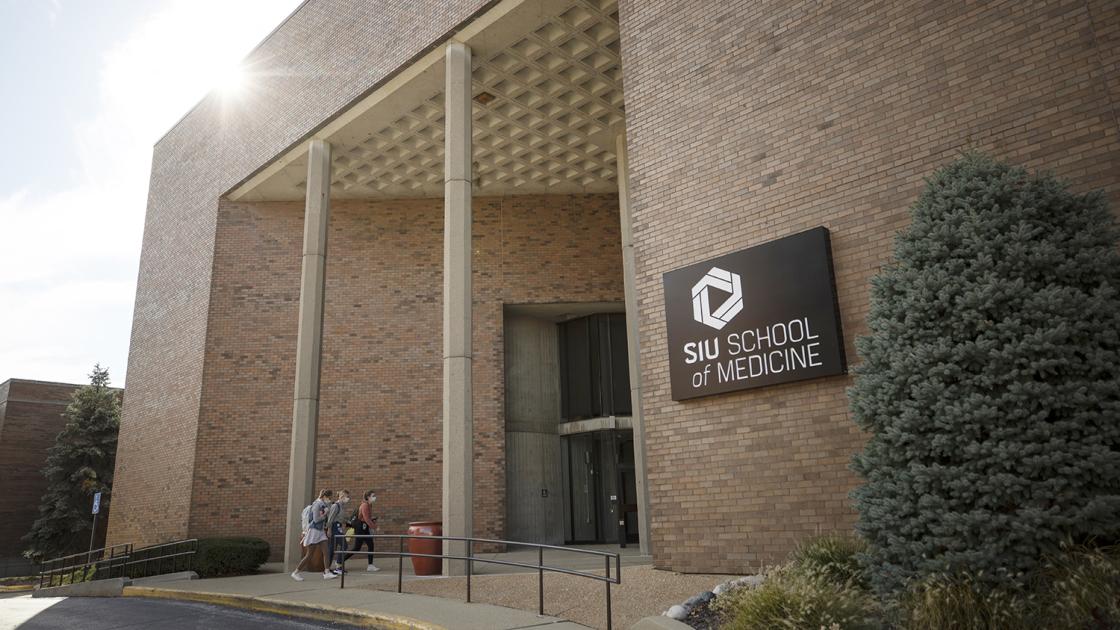
Dr. Susan Hingle's 4 takeaways for new doctors
Written by Susan Hingle, MD, FRCP
Associate Dean, Center for Human and Organizational Potential
Take home message #1: Practice gratitude.
You are entering a very privileged profession, but one that will challenge you. Our healthcare system is struggling. Much will be asked of you. You will have many times when you feel over-worked and under-appreciated, even questioning why you became a physician. But if you intentionally make practicing gratitude a part of your every day practice, you will recognize that it is truly a privilege, not afforded to many, to be able to care for our fellow human beings. Be intentional about prioritizing gratitude. You can do it through journaling, through discussing 3 good things with your family or friends, through using an app like Delightful, through prayer; it doesn’t matter how but it does matter that you do it. Gratitude will connect you to the meaning in medicine and the ordinary miracles happening around you every single day.
Take home message #2: Embrace taking the path less traveled.
Ralph Waldo Emerson said “Do not go where the path may lead; go instead where there is no path and leave a trail.” Much of your life to this point has been mapped out for you. Much of your life has likely been spent trying to fit in and comparing yourself to others. Grades will soon disappear. Sure there will be metrics that you are expected to meet, but for the most part, from here on out your measures of success will come from within. There is something liberating in that. It allows you more comfort in exploring what excites you and becoming who you were meant to be. Failures will hopefully not be viewed as failures, but they will become opportunities to learn and explore and grow. When you face a road block, simply turn and go down the other path, the path less or untraveled. It will be far more interesting with greater opportunity. Had I not done so, I would not have had the opportunity to lead the American College of Physicians as Chair of the Board of Governors and the Board of Regents. I would not have the opportunity to create an entirely new program focusing on well-being and professional satisfaction at SIU. I would not be the mother of two amazing sons. The many challenges I have faced in my life and the many, many, many, many failures have made me who I am. Because of them I have both grit and grace. They have made me more patient, more resilient, more compassionate, more empathetic, more human, more open-minded, more relatable, more determined, and more courageous. And who I have become is a far better person than I could have ever imagined or dreamed. I want that for each and every one of you too.
Take home message #3: Get involved in advocacy.
A well regarded physician once said: “The patient. The patient. The patient. Needs you more than ever now.” Our healthcare system is struggling, but you cannot simply accept that. As physicians, you have incredible power. Physicians remain one of the most respected professions in our country. As such, you have great power. I call on you to use that power to influence change. Change for your patients, change for your communities, change for your colleagues, change for your profession. Do not resign yourself to the fact that the EMRs are a burden, work to improve them. If you don’t like that some subspecialty physicians earn 3,4 or even 5 times what some primary care physicians make; work to fix the dysfunctional payment system. If you don’t, there will not be enough primary care physicians to care for our patients. Do not simply accept that women physicians and physicians from under-represented groups get paid less, do not commonly rise to high level leadership, and do not get promoted as quickly or to the highest ranks as often as male physicians; work to improve those inequities. If you don’t, women and under-represented physicians will continue to burn out at high rates and not be able to provide high quality to care to our patients. If you think gun violence is a public health crisis, engage in the work needed to change that. If it bothers you that patients who are on public assistance get poorer care and have poorer outcomes than those with premium insurance plans; work to change that. Do not accept that many of those born into poverty or with disabilities will not reach their full potential; be a part of needed changes. Use your privilege and your power and your influence. “The patient. The patient. The patient. Needs you more than ever now.”
Take home message #4: Cura personalis. You must take care of yourself and of each other.
There is a perverse culture in medicine where it is like a badge of honor to be sleep deprived and to work exhausted and when we are sick. Self-care is essential. You must take care of yourself; otherwise you are no good to others. We must, together, work to change the culture so that we reward self-care.
Luke 12:48 says “For unto whomsoever much is given, of him shall much be required.” For those of you who are not Christian, Peter Parker aka Spider Man shares the same message when he says “With great power comes responsibility.” As I said previously, you are entering a noble, privileged profession that will challenge you. It is an amazing gift, but it can become all consuming. I speak from personal experience. You can easily lose what is important to you, if you don’t pay attention. It is extremely common to pay so much attention to caring for others, that you forget or simply do not make time to care for yourself. There is a perverse culture in medicine where it is like a badge of honor to be sleep deprived and to work exhausted and when we are sick. Self-care is essential. You must take care of yourself; otherwise you are no good to others. We must, together, work to change the culture so that we reward self-care. We must also change the dangerous culture of silence that exists in medicine, where we are afraid to talk to others when we are struggling. Up to 30% of residents experience depression. The rates of suicide in male doctors is up to 3 times greater than that of their non-physician peers and up to 6 times greater for women physicians. Losing someone very close to me was life altering. Unfortunately, it took this devastating loss to call me to action. We must share our struggles with each other so that we can help each other. One of the greatest gifts I have ever received was a note from some of my students who wrote “We know you don’t think you are Wonder Woman, but we do. Just like Wonder Woman, your strengths are your compassion, empathy and authenticity. You inspire us by sharing of yourself, including your vulnerability.” Don’t ever forget cura personalis.
Hingle originally presented this advice as part of her commencement speech to the 2019 graduating class of Georgetown University School of Medicine, Hingle's alma mater. View her address at 1265171946969796/">https://www.facebook.com/georgetownuniv/videos/1265171946969796/.



